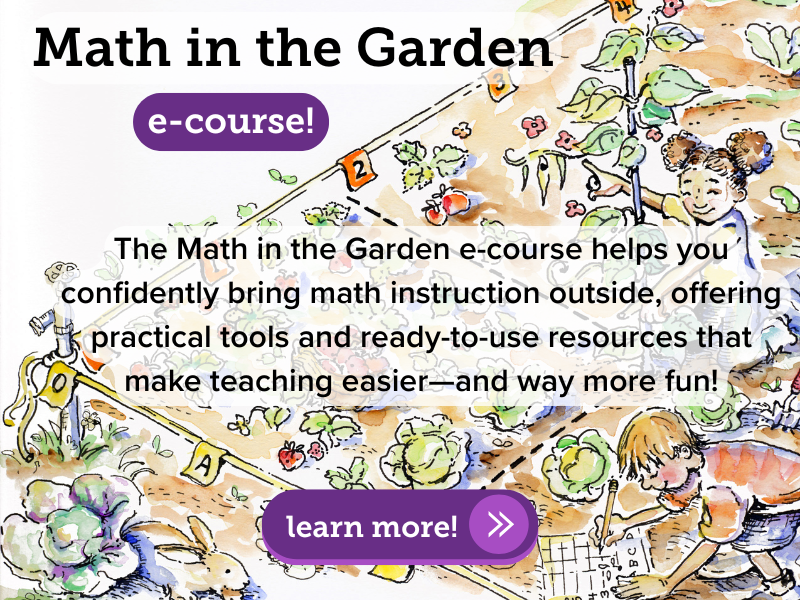Storytelling offers youth boundless opportunities for learning and growth. Creating, telling, and listening to stories nurtures their imagination and creativity. It deepens understanding and relationships. It helps them develop empathy, fosters tolerance and can play an important role in social-emotional learning. Learning about their culture’s unique stories helps kids feel connected to their community and their ancestors.
Writing and telling stories come naturally to some kids. Their imaginations run wild, and many can easily come up with characters, locations, and situations to write about. Other kids benefit from encouragement and gentle prodding to get their creativity flowing. The following writing prompts can help kids get started in their storytelling endeavors.
For middle school-age kids:
- You have been granted the power to create one plant with magical powers. Describe the plant you create. What does it look like? What are its powers? Tell a story about how you or someone else was able to use this plant and its powers.
- You are walking home past a community park and spot a hidden gate you never noticed before. You walk over for a closer look, and there’s a sign over the gate that reads, “Welcome to the Mystery Garden.” Write a story about what you see when you open the gate.
- You are giving a famous person a tour of the garden. Who is this person, and what are they famous for? (It can be a real person or a made-up one.) Write a detailed description of your garden tour — where you stop, what features you point out, what you talk about.
- Think about a person who inspires you or whom you consider a hero. Make a list of their traits and, using these, match them to something in nature — a tree, mountain, desert, flower, insect, animal, etc. Write a short story about their nature persona that illustrates the traits you admire. (For example, your hero might be someone who has shown strength in the face of challenges; their nature persona might be a mighty oak that withstands windstorms and lightning and continues to protect the smaller plants below it.)
- Write down three words or short phrases that describe yourself. They can describe your physical body (e.g., tall, brown-eyed), a personality trait (e.g., curious, funny), and your preferences (e.g., dog-lover, pizza-eater). Then, pair each description with a real or imagined plant and write a short story about them.
- You walk into the garden and immediately notice that something is different. Write a story about the change, including what caused it, how it affected the plants, and how you feel about it.
For younger kids:
- You visit your garden and encounter an imaginary creature you’ve never seen before. How big is it? What does it look like? What is it doing? What does it sound like? Write a story about what happens when you meet it. Does it talk to you? Does it communicate in another way? How do you feel when you’re around it?
- Imagine you have a special garden superpower. What would it be? How would it help you? How would it help the plants? Your friends? Your community? The Earth?
- You find an envelope containing special money that can only be used to buy things for your garden. What do you buy and why?
- Pretend you are a seed that has just been planted. Describe how it feels to germinate and grow.
- A hungry dinosaur has just appeared in your garden. What does it look like? How does it sound? How will you convince it not to eat your plants?
- Imagine you’re a butterfly flying over a neighborhood of gardens. What do you see? What areas do you avoid and why? Where do you decide to land and why?
- Choose a favorite book and change all the characters into different types of plants. Now, re-tell the story from the viewpoint of these new characters.
Resources:



